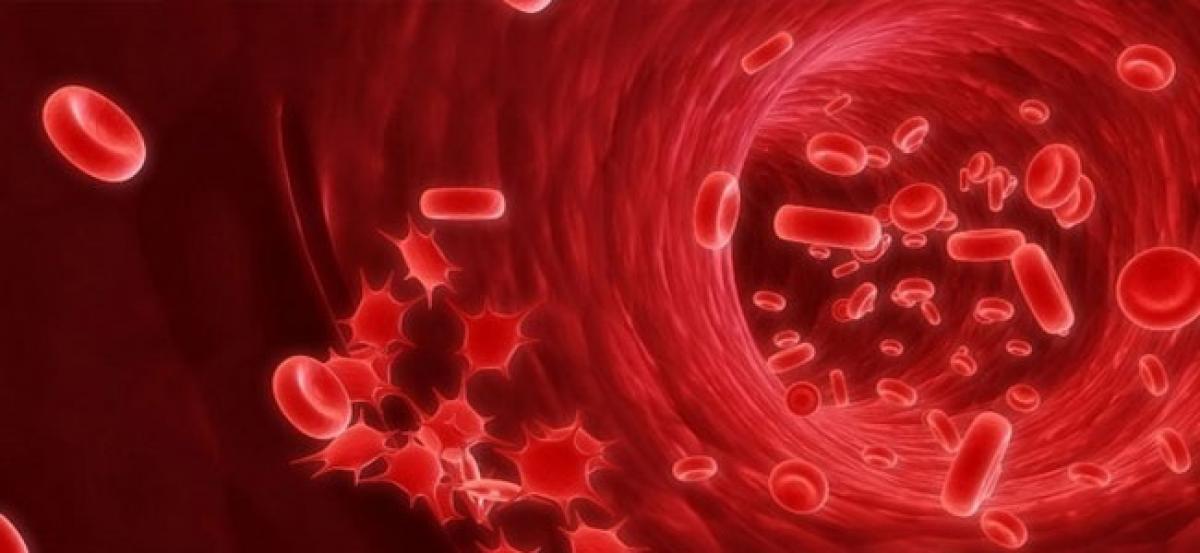Live
- Meditation a profound bridge between divinity, humanity: Guv
- PBD: Communication strategy meet held
- December 2024 Bollywood Movies: A Glimpse of Action, Romance, and More
- President Murmu’s sojourn ends
- BRS govt left huge debt burden: CM
- BJP seeks action against Rahul
- Odisha govt seeks special package for tourism sector
- US Consulate in Bengaluru by January 2nd week: BJP MP
- YSRCP activists celebrate party chief Jagan’s birthday
- Assembly adjourned sine die
Just In

Using the cutting-edge CRISPR/Cas9 genetic engineering technique, researchers, including one of Indian-origin, have successfully turned off a gene that regulates cholesterol levels in adult mice.
New York : Using the cutting-edge CRISPR/Cas9 genetic engineering technique, researchers, including one of Indian-origin, have successfully turned off a gene that regulates cholesterol levels in adult mice.
The silencing of the gene led to reduced blood cholesterol levels and gene repression lasting for six months after a single treatment, said the study published online in the journal Nature Communications.
The CRISPR/Cas9 system is based on an antiviral defence mechanism in bacteria in which the Cas9 enzyme recognises the viral DNA sequences of previous infections and cuts up invading DNA during re-infection.
Researchers have engineered the CRISPR/Cas9 system to not only locate and cut specific sequences of DNA, but to also turn on or off the expression of targeted genes without making permanent changes to the DNA coding sequence. In the current study, the researchers tested their delivery system by silencing Pcsk9, a gene that regulates cholesterol levels.
While several drugs have been developed to treat high cholesterol and cardiovascular disease by blocking the activity of Pcsk9, this new approach could prevent Pcsk9 from being made.
"We previously used these same types of tools to turn genes on and off in cultured cells, and we wanted to see if we could also deliver them to animal models with an approach that is relevant for gene therapy," said Charles Gersbach, Associate professor at Duke University in North Carolina.While the experiment was successful, the researchers also observed release of liver enzymes into the blood.
"Following injection, we saw that levels of our target gene, Pcsk9, were reduced, but we also observed increases in expression of many immune cell genes, which indicates that immune cells were infiltrating the liver after we delivered Cas9 to the mice," said Pratiksha Thakore, the PhD student who led the work in Gersbach's lab.
"Gaining a better understanding of this immune response and how to modulate it will be important for using Cas9 technologies for therapies," Thakore said.

© 2024 Hyderabad Media House Limited/The Hans India. All rights reserved. Powered by hocalwire.com







